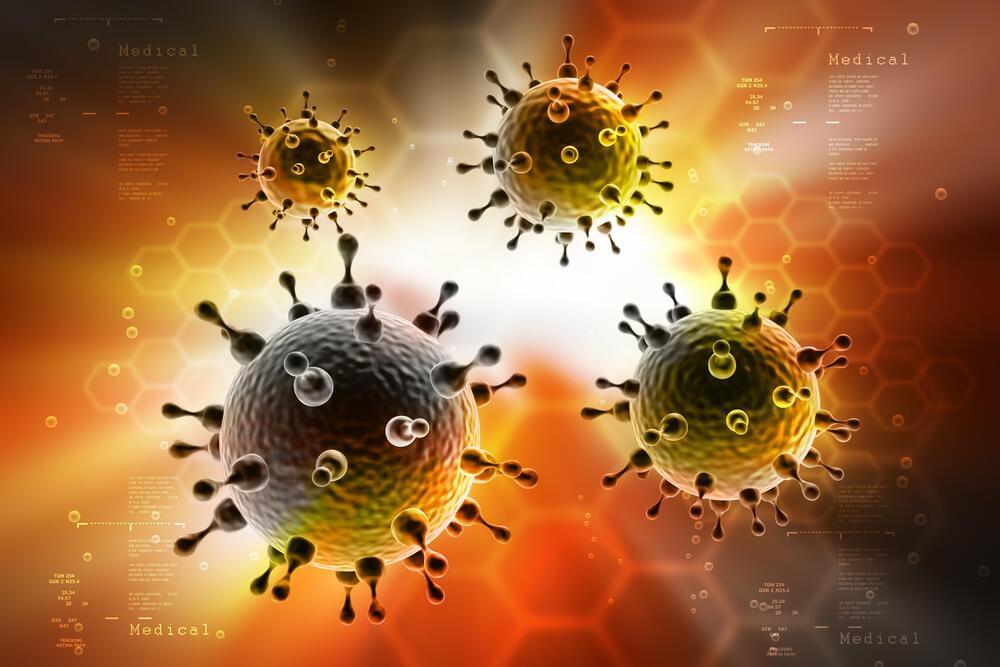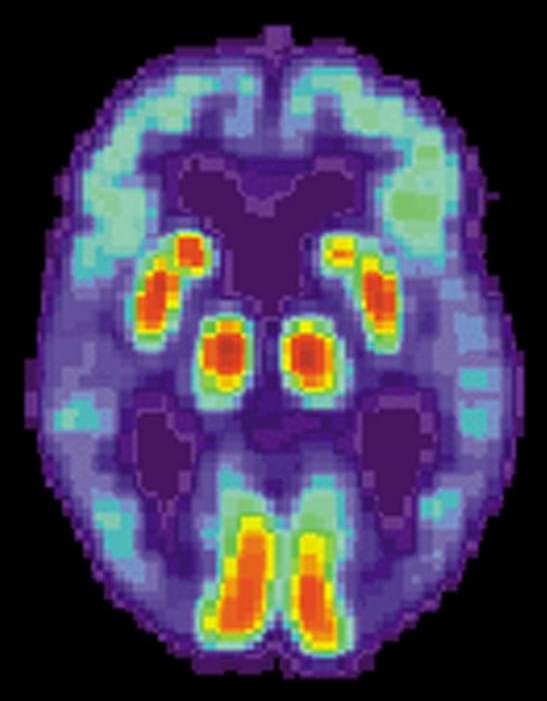Recent research in mice turned to the blood-brain barrier for clues as to why Alzheimer’s disease occurs and how to stop it.




SARS-CoV-2 remains a global threat to human health particularly as escape mutants emerge. There is an unmet need for effective treatments against COVID-19 for which neutralizing single domain antibodies (nanobodies) have significant potential. Their small size and stability mean that nanobodies are compatible with respiratory administration. We report four nanobodies (C5, H3, C1, F2) engineered as homotrimers with pmolar affinity for the receptor binding domain (RBD) of the SARS-CoV-2 spike protein. Crystal structures show C5 and H3 overlap the ACE2 epitope, whilst C1 and F2 bind to a different epitope. Cryo Electron Microscopy shows C5 binding results in an all down arrangement of the Spike protein. C1, H3 and C5 all neutralize the Victoria strain, and the highly transmissible Alpha (B.1.1.7 first identified in Kent, UK) strain and C1 also neutralizes the Beta (B.1.35, first identified in South Africa). Administration of C5-trimer via the respiratory route showed potent therapeutic efficacy in the Syrian hamster model of COVID-19 and separately, effective prophylaxis. The molecule was similarly potent by intraperitoneal injection.
Neutralizing nanobodies bind SARS-CoV-2 spike RBD and block interaction with ACE2. Nat. Struct. Mol. Biol. 27 846–854 (2020).

Researchers have rediscovered a century-old cancer treatment, injecting dead bacteria into tumors to help the immune system target and kill the cancerous cells. Preclinical tests and early human trials indicate the treatment is safe and potentially effective.
In the late 19th century a scientist by the name of William Coley suspected an unusual relationship between bacterial infection and cancer remission. Coley began experimenting with different bacterial formulations to treat cancer.
These formulations became known as “Coley’s toxins” and Coley inadvertently, and unknowingly, became a pioneer of cancer immunotherapy. For much of the 20th century Coley’s research was relegated to a footnote in science history. His experiments were somewhat erratic and lacked any standardization, so very few researchers were able to replicate his results.

Few studies have examined and compared spousal concordance in different populations. This study aimed to quantify and compare spousal similarities in cardiometabolic risk factors and diseases between Dutch and Japanese populations.
Our minds rarely stay still when left alone. Such trains of thought, however, may unfold in vastly different ways. Here, we combined electrophysiological recording with thought sampling to assess four types of thoughts: task-unrelated, freely moving, deliberately constrained, and automatically constrained. Parietal P3 was larger for task-related relative to task-unrelated thoughts, whereas frontal P3 was increased for deliberately constrained compared with unconstrained thoughts. Enhanced frontal alpha power was observed during freely moving thoughts compared with non-freely moving thoughts. Alpha-power variability was increased for task-unrelated, freely moving, and unconstrained thoughts. Our findings indicate these thought types have distinct electrophysiological signatures, suggesting that they capture the heterogeneity of our ongoing thoughts.
For years now, artificial intelligence has been hailed as both a savior and a destroyer. The technology really can make our lives easier, letting us summon our phones with a “Hey, Siri” and (more importantly) assisting doctors on the operating table. But as any science-fiction reader knows, AI is not an unmitigated good: It can be prone to the same racial biases as humans are, and, as is the case with self-driving cars, it can be forced to make murky split-second decisions that determine who lives and who dies. Like it or not, AI is only going to become an even more omnipresent force: We’re in a “watershed moment” for the technology, says Eric Schmidt, the former Google CEO.
A conversation with the former Google CEO Eric Schmidt.
By Saahil Desai
Quantum physics is directly linked to consciousness: Observations not just change what is measured, they create it… Here’s the next episode of my new documentary Consciousness: Evolution of the Mind (2021), Part II: CONSCIOUSNESS & INFORMATION
*Subscribe to our YT channel to watch the rest of documentary (to be released in parts): https://youtube.com/c/EcstadelicMedia.
**Watch the documentary in its entirety on Vimeo ($0.99/rent; $1.99/buy): https://vimeo.com/ondemand/339083
***Join Consciousness: Evolution of the Mind public forum for news and discussions (Facebook group of 6K+ members): https://www.facebook.com/groups/consciousness.evolution.mind.
#Consciousness #Evolution #Mind #Documentary #Film

The Lisa and Scott Stuart Center for Adolescent and Young Adult Cancers aims to address the unique challenges adolescent and young adult cancer patients face by expanding access to clinical trials for this patient group, offering planning and fertility services, and personalized medicine, according to a Sept. 27 news release.
New York City-based Memorial Sloan Kettering Cancer Center has created a new center dedicated to better serving the specific needs of young cancer patients.

Chipmakers are still catching up to demand following severe supply chain bottlenecks created by the pandemic. But manufacturing plants that were planned last year will likely start producing chips in the coming months, helping to alleviate shortages for PC parts and other microchips, Su said.
“We’ve always gone through cycles of ups and downs, where demand has exceeded supply, or vice versa,” Su said at the Code Conference in Beverly Hills, California. “This time, it’s different.”
The improvements will be gradual as more manufacturing capacity becomes available, Su said.

An inexpensive anti-seizure medication markedly improves learning and memory and other cognitive functions in Alzheimer’s patients who have epileptic activity in their brains, according to a study published in the Sept. 27th issue of JAMA Neurology.
“This is a drug that’s used for epilepsy,” says Keith Vossel, MD, MSc, director of the Mary S. Easton Center for Alzheimer’s Disease Research at UCLA, and the principal investigator on the clinical trial. “We used it in this study for Alzheimer’s patients who had evidence of silent epileptic activity, which is seizure-like brain activity without the associated physical convulsions.”
Alzheimer’s disease (AD) is the leading cause of dementia worldwide. Early symptoms include short-term memory loss, decline in problem solving, word-finding difficulties, and trouble with spatial navigation. Among Alzheimer’s patients, an estimated 10–22% develop seizures, while an additional 22–54% exhibit silent epileptic activity.